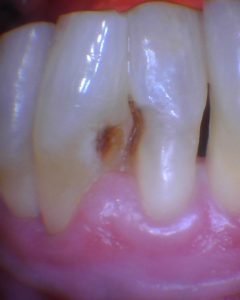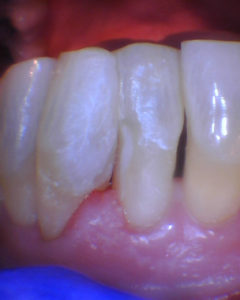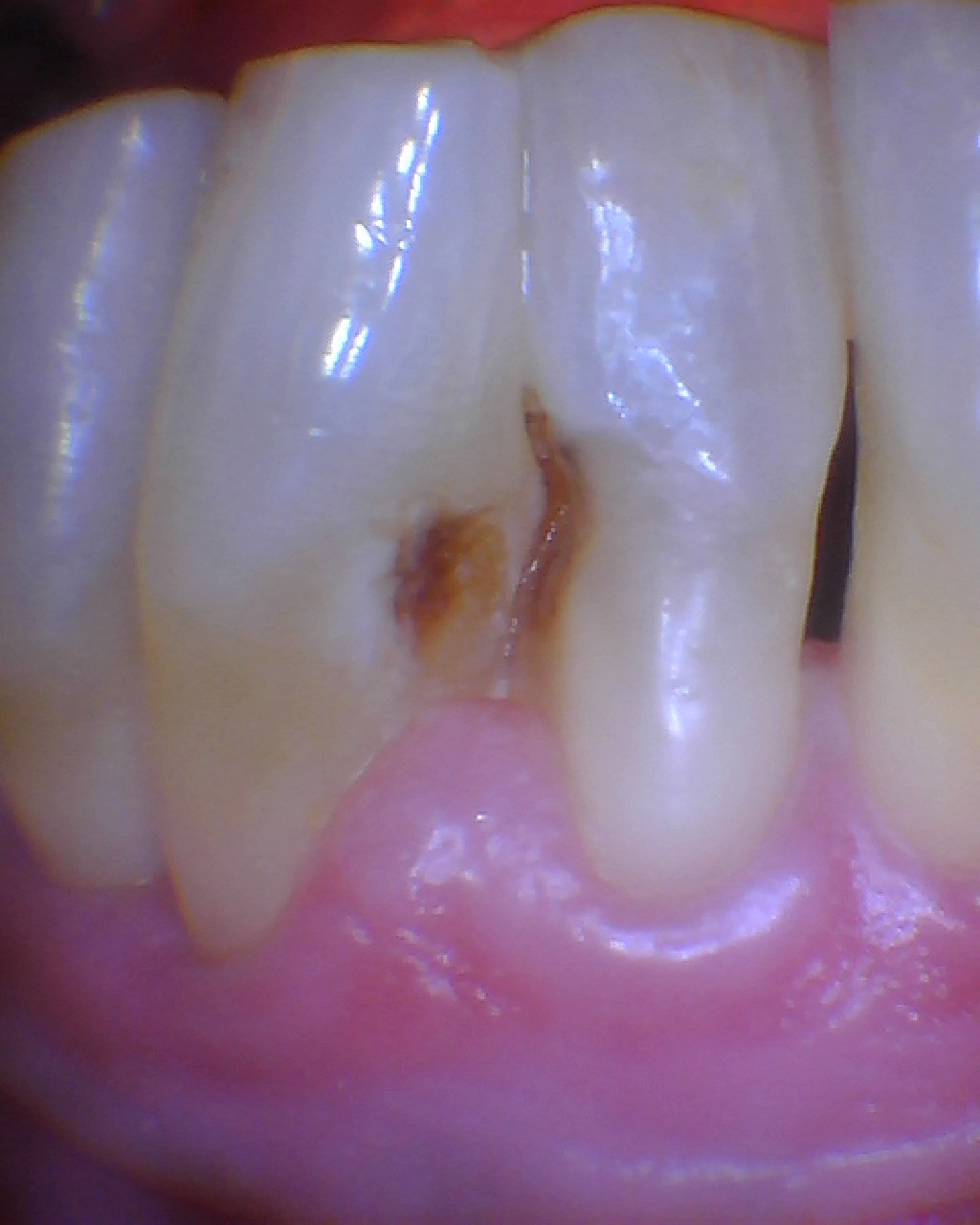Dry mouth
Dry mouth is a problem that many people experience in varying levels of severity. The medical term is xerostomia for which there are several causes.
Medication:
A common cause of dry mouth is medication, where the side effects of some medications cause xerostomia in some patients but not others. The effect can be mild to severe depending on the medication and the individual taking the drug. Sometimes a change in medication can reduce the dryness or eliminate it completely.
Medical disorders:
Sjogren’s syndrome is an autoimmune disorder that mainly affects the tear and salivary glands. Management of dry mouth symptoms is possible using saliva substitutes, frequent sips of water throughout the day and stimulation of saliva flow using sugar-free gum particularly with xylitol as it also has an anti-cariogenic effect (anti-cavity). Rinses, such as Biotene, can help temporarily relieve symptoms associated with dry mouth.
Damage to salivary glands:
Another cause of dry mouth is damage to the saliva glands due to radiation treatment to the head or neck area for some cancer treatment. A thorough dental and oral examination before radiation treatment is essential to identify problems and prepare for upcoming cancer treatment. Your medical oncology team will recommend a dental assessment in the steps before radiation to help prevent infection and dental radiation caries.

Dental root caries

Root caries restored
Alcohol consumption and smoking also increases the susceptibility for having a dry mouth. The use of the drug methamphetamine causes severe dry mouth and tooth damage.
Management:
Optimal oral hygiene is important to reduce the risk of dental decay. An individual with xerostomia or dry mouth will need to up their game when it comes to optimal oral hygiene. Effective toothbrushing and flossing are important to remove plaque buildup from tooth surfaces on a regular basis. Normal salivary flow will help keep many tooth surfaces clean in between brushing and flossing. With a decrease in saliva, the tooth surfaces are much more susceptible to demineralization, which leads to tooth decay.
Those who have severe xerostomia are highly susceptible to getting root caries (cavities), which often go undetected without a dental examination that includes dental radiographs (x-rays). Most root caries are treatable if detected early. Patients who are identified as being a high risk are offered treatment that meets their need.
-
- Application of fluoride varnish to the root surfaces every 3 to 4 months.
- While most adults should have a yearly dental exam, those who are at high risk of root caries due to dry mouth should have their exam done every 6 months.
Should you have any questions or concerns, we would be happy to answer them for you. If you feel you may be affected by dry mouth, make an appointment to see your dentist right away. If you need a dentist in the area of Dartmouth, Nova Scotia, Dr. Carol Simpson would like to welcome you to call her office at Lake Loon Family Dentistry to set up an appointment for your first visit.

